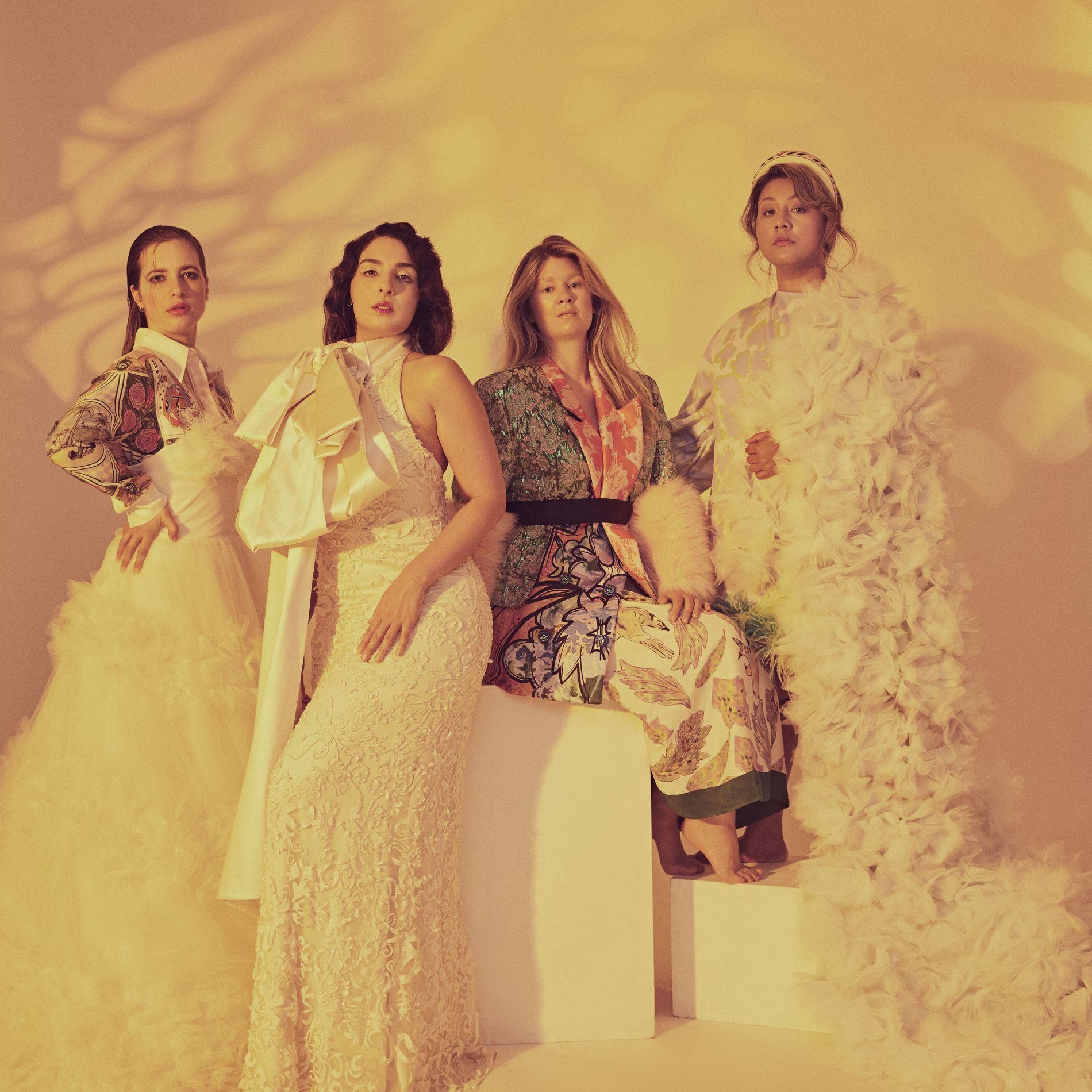Contemplating career moves? These four career-driven women share their insights on reaching your goals, all styled by Rawdah Mohamed
In Norway, it was not until 1903 that the first woman received a doctorate at the University of Oslo. They had to wait another 10 years before they received the right to vote in national elections in 1913. The classically male-dominated environments were suddenly filled with female pioneers who paved the way towards modernity and equality.
Today, even with the vast strides made since the turn of the last century, new female role models inspire us with their pure willpower. In a celebration of incredible women who have all redefined success and broken boundaries, Rawdah Mohamed speaks with four women on their experience of working in male-dominated environments.
They are the role models living next door, the trailblazers sharing their experiences of pursuing their dreams. Womanhood is about pushing each of us to reach further, and these women remind us of our true potential.
Nassima Dzair, CEO and Founder of Interbridge
As the CEO and founder of Interbridge – a leadership program for youth empowerment and social impact – no day is like the other for Nassima Dziar. The 36 year old Oslo native spends most days in back-to-back meetings, looking to create a brighter and more innovative future.
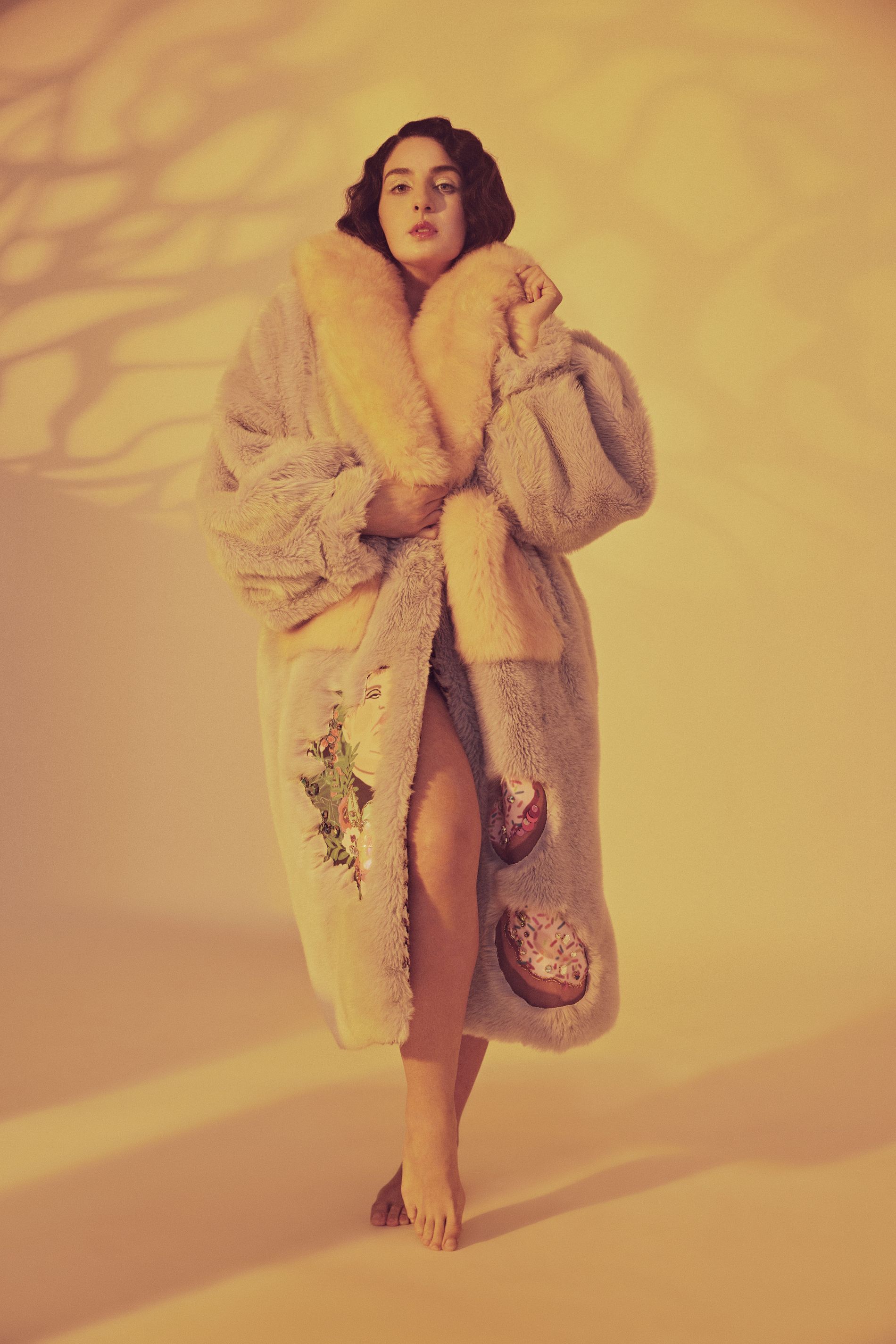
Coat, Flesh.
What is the one moment that defined your career?
The most defining moment was to take matters into my own hands by starting a business. My vision is to offer youth the skills and knowledge needed to succeed, find their place in society, and become impact agents. We offer kids from all backgrounds leadership academies and create change through the next generation.
Working with change means I also need to embrace it personally and use it for the better. This has led me to make untraditional decisions, dare take risks, and pivot business models to be in service of new needs. There are always more people to reach and needed change to implement from individual to societal levels.
What will be the biggest challenges for the next generation of women in start-ups?
The main challenge is to face the consequences of systematic patriarchal barriers affecting women. We need to ensure access to education, health, and rights for all women on a global level. The next generation of women will need to continue breaking the remaining glass ceilings that still exclude women. There will be a need for more women to be present in decision making at all levels.
Have you ever been made to feel that your womanhood is incompatible with your work?
I have never accepted the mindset of womanhood being an impediment. I stand firm in my femininity and have taken my fair share of fights with the patriarchy. I believe that solid willpower, knowledge, talent, and results can and will crush the obstacles existing for women.
To advance further, we need more solidarity from both women and men.
Ishita Barua, PhD Candidate at Oslo University Hospital and the University of Oslo
As a medical doctor and a PhD candidate doing research on the application of artificial intelligence in colorectal cancer diagnostics, 33 year old Ishita Barua's days are non-stop. The most rewarding part of her job, however? To teach medical students about AI in healthcare and communicating our research findings to the general public.
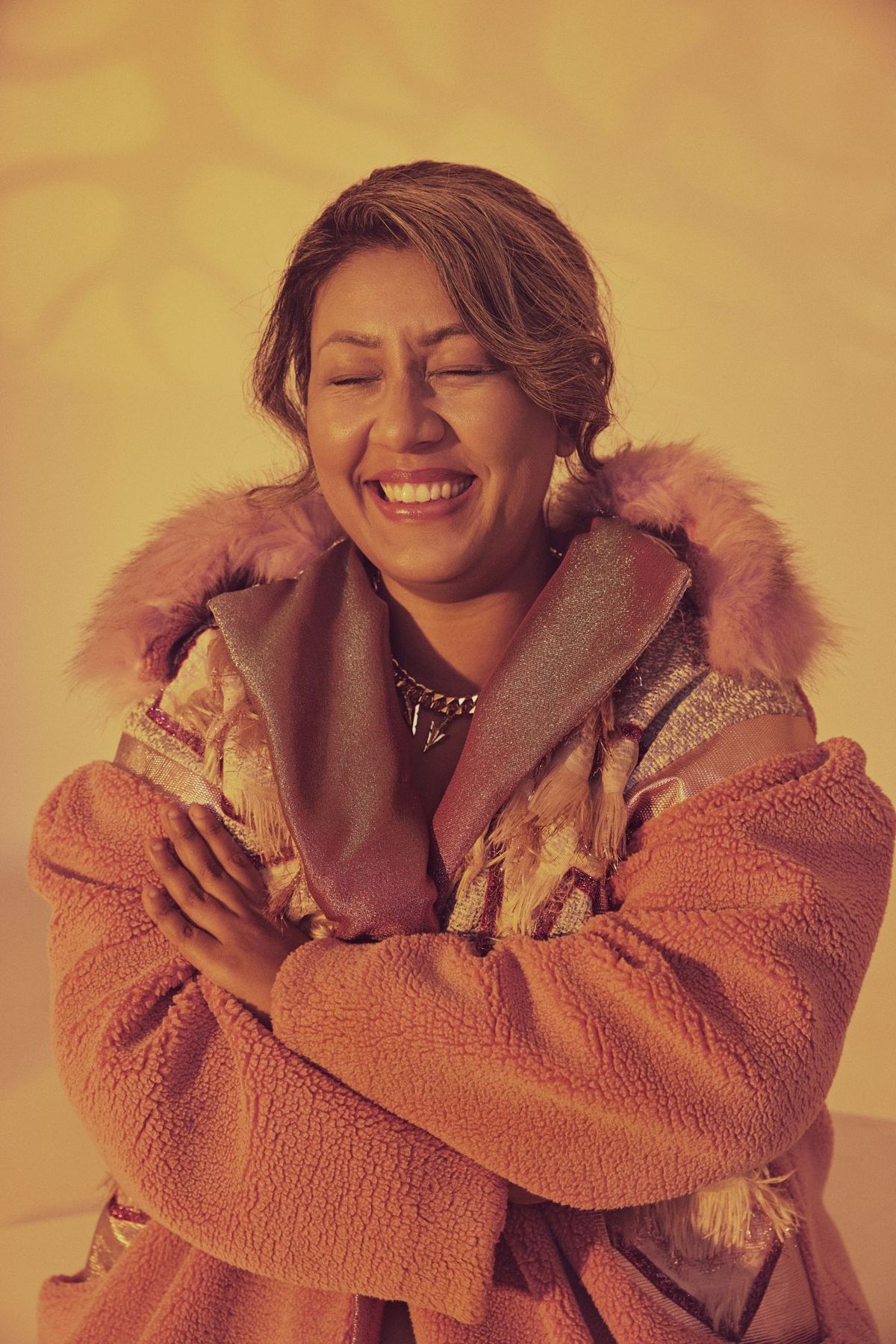
Coat, Flesh. Necklace, Agency. .
What is the greatest gift we can give ourselves?
Financial awareness. Especially as women we need to educate ourselves on ways to not be dependent on others for our financial wellbeing and security. That means acquiring skills on investing, budgeting, saving and planning for retirement. Not to mention investing in an education. Investing is a skill and habit that builds over time, and it’s time we women close that gender gap.
If there was a moment in time you could freeze, what would that be?
I would freeze the moment when I arrived at the Harvard Medical School campus in February 2021. It was in the midst of the pandemic, I was alone and Boston was freezing cold. I had been invited to do research on AI and stood there reminiscing about all the times I had dreamt of this exact moment since I was a little girl. I felt a deep sense of gratitude and I just felt like the luckiest girl on earth.
What does the idea of success mean to you?
Success to me means making a difference in somebody’s life. I feel successful if I am able to help, comfort, encourage or solve a problem. The last time I felt successful was when a young student asked me for advice on life after a medical lecture. It reminded me that I needed a lot of help from different people to be able to get to where I am today, I would love to be able to do that in return.
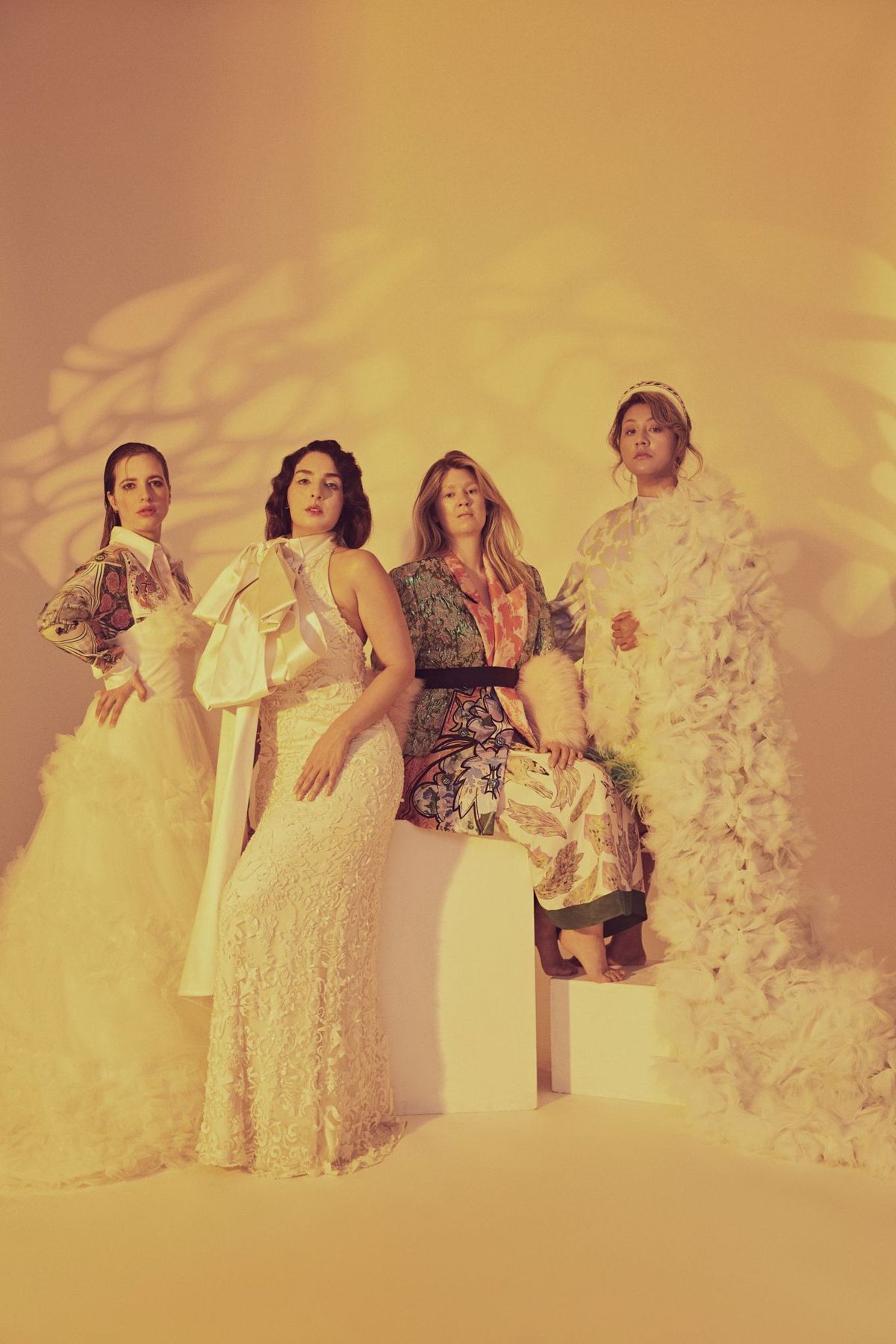
From left to right: Inga Strümke wears dress, Tina Steffenakk Hermansen. Nassima Dzair wears dress Tina Steffenakk Hermansen. Sofie E. Høgestøl wears jacket and belt, Flesh. Skirt, Baum und Pferdgarten. Ishita Barua wears cape, Tina Steffenakk Hermansen. Hairband, Casablanca. Dress, Flesh. . Photo: Ole Halvorsen
Sofie E. Høgestøl, associate professor at University of Oslo
With a doctorate from the Norwegian centre of human rights and law, 35 year old Sofie E. Høgestøl is firmly cemented in academia. An associate professor at the University of Oslo, she spends her days doing research and giving lectures.
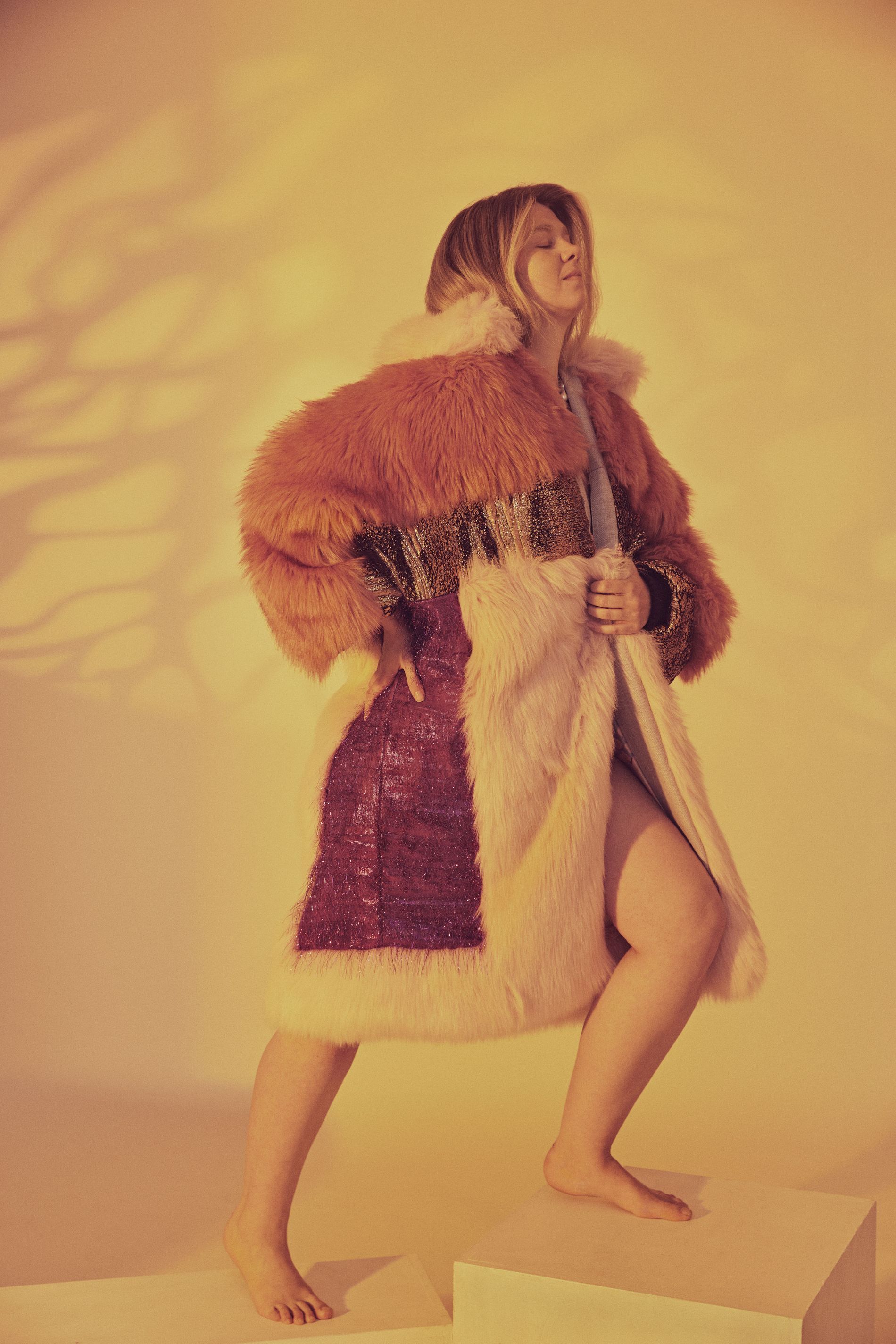
Jacket, Flesh.
What is your favourite stress reliever?
Exercise and sleep. Most problems tend to feel manageable if I go for a run and get a good night’s sleep.
When in your life have you needed courage?
When I was finishing my PhD. The fear of failure was acute, and I needed a real dose of courage just to keep going. It requires courage to give 100% to something, knowing full well that you might still fail. But if you don’t have the courage to give something your very best, how are you ever going to know what you are capable of?
What motivates you?
To be honest, I tend to get really motivated by the work itself. Accolades and achievements don’t motivate me alone, it always comes down to the work and the people I get to work with. Particularly if I learn something new or gain a new skill from the project. So to me, motivation comes from doing work that excites me, together with people that inspire me.
Inga Strümke, researcher in artificial intelligence
With a master’s degree in theoretical physics and a PhD in particle physics, 32 year old Inga Strümke loves her job. She summarises the sentiment as this: "I usually think about work all the time, and I almost hesitate to call it work. Physics and artificial intelligence are major parts of my life, and I would still spend time on them even if I didn’t get paid for it."
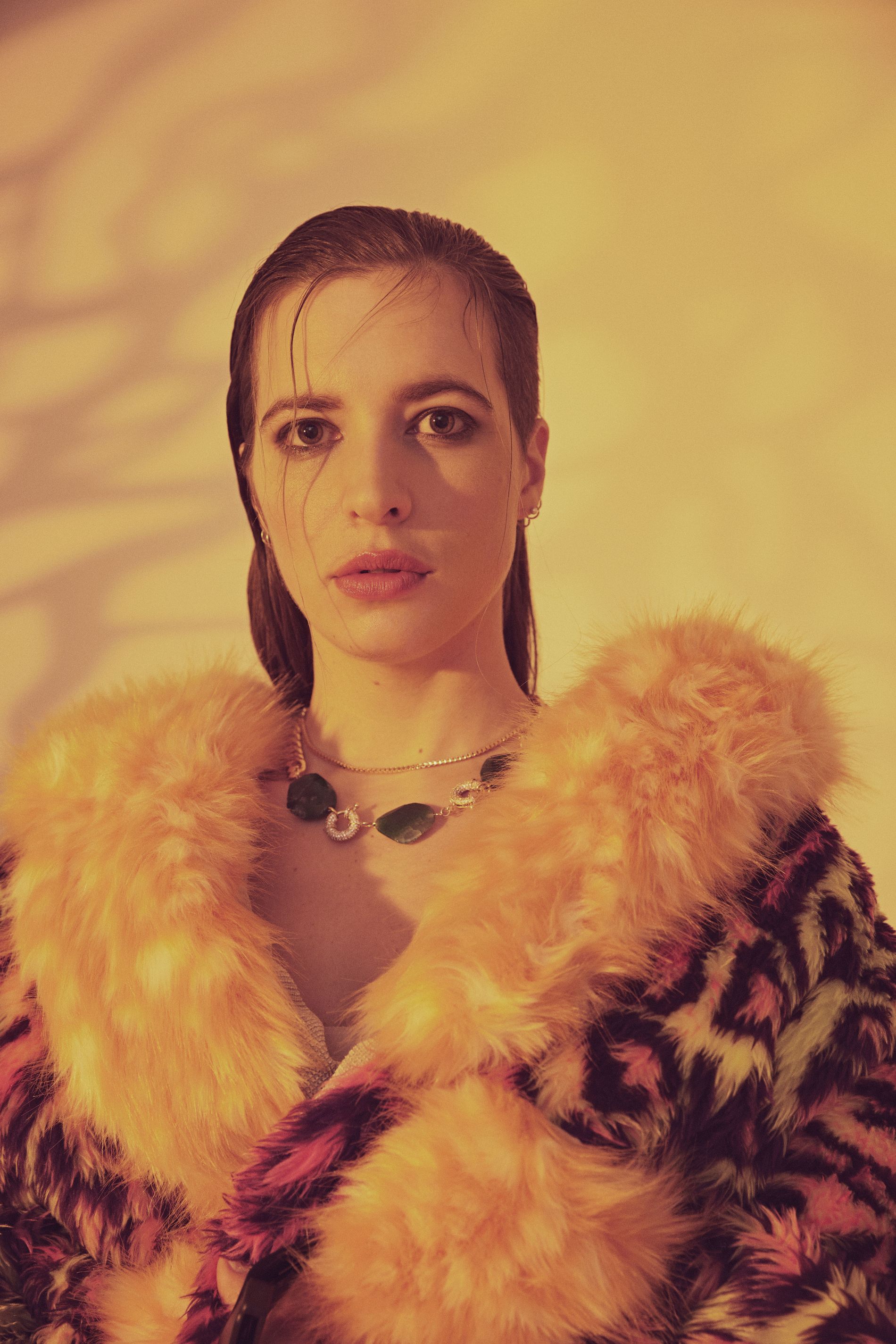
Jacket, Flesh. Necklace, agency. .
What does success mean to you?
I think we need to distinguish between success and accomplishment. The latter is fairly easy: We figure out what we want to accomplish, make a plan, and do it. Maybe it’s not always all that simple, but it’s at least well-defined. Success is different; it’s the effect of our accomplishments combined. So our success depends on our choosing the right things to accomplish, also known as “knowing what we truly want”. That’s the hard part. The answer is different for everybody, and to add to the chaos I think it can change repeatedly in the course of a lifespan.
Personally, I think understanding is the most important thing we humans do - we make sense of the world by understanding what’s going on and we build healthy relations by understanding each other. But achieving new understanding is difficult because it requires us to be humble and accept that the truth might not be what we believe or want it to be.
What is the best and worst decision you've ever made?
I perhaps haven’t made my worst decision yet. What does scare me is the thought of having made a horrible decision at some point, but not knowing what it was. Perhaps hurt somebody I loved or who trusted me without even realising. That would, I think, be the worst kind of mistake.
The best decision I ever made is to quit my safe, permanent job to pursue my passion. Yes, this sounds romantic, but I can disclose that this decision was doing a PhD in physics, which is definitely rewarding but not very romantic.
What do you do when you feel overwhelmed?
That depends on what feeling is behind the overwhelming. When I feel overwhelmed by love or enthusiasm, I try to enjoy it and use it as fuel. If I’m overwhelmed by stress or demands, I try to stay logical. Because while feelings can change and motivation can falter, reason stays the same. A logical decision remains logical even if circumstances make us feel overwhelmed or insecure. Therefore, I usually stick to the plan, and reevaluate, if need be, once I have a clear and un-overwhelmed mind.
Credits:
Photographer: Ole Halvorsen
Stylist: Rawdah mohamed
Stylist Assistant: Susan Hashemi
Makeup: Hina Suleman
Hair: Pia Ruud
